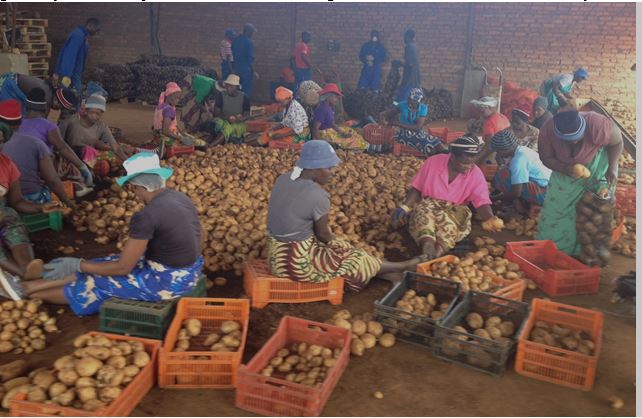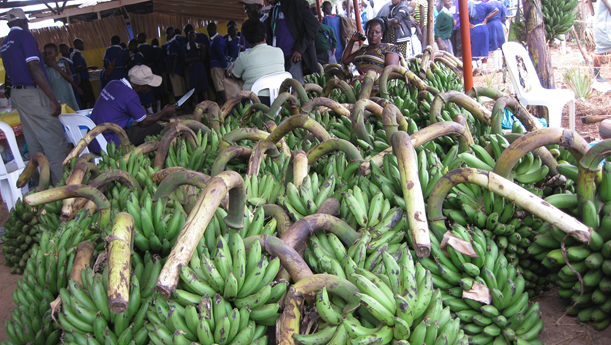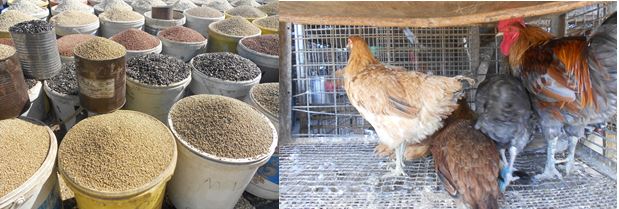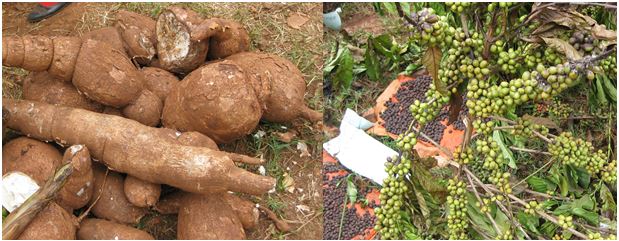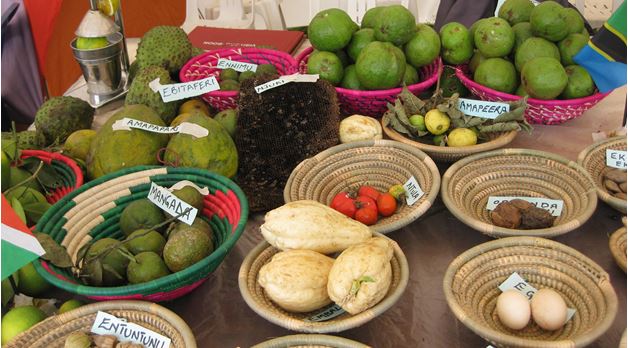Using feedback to stabilize growth and expand opportunities
For every US$500 million that has goes into agricultural production in Africa, another US$500 million is not injected into the market in order to stimulate demand for what is produced. As a results, gluts continue to alternate with shortages of commodities. A major reason is lack of investment in gathering and re-using fluid evidence. Monitoring Read more about Using feedback to stabilize growth and expand opportunities[…]


